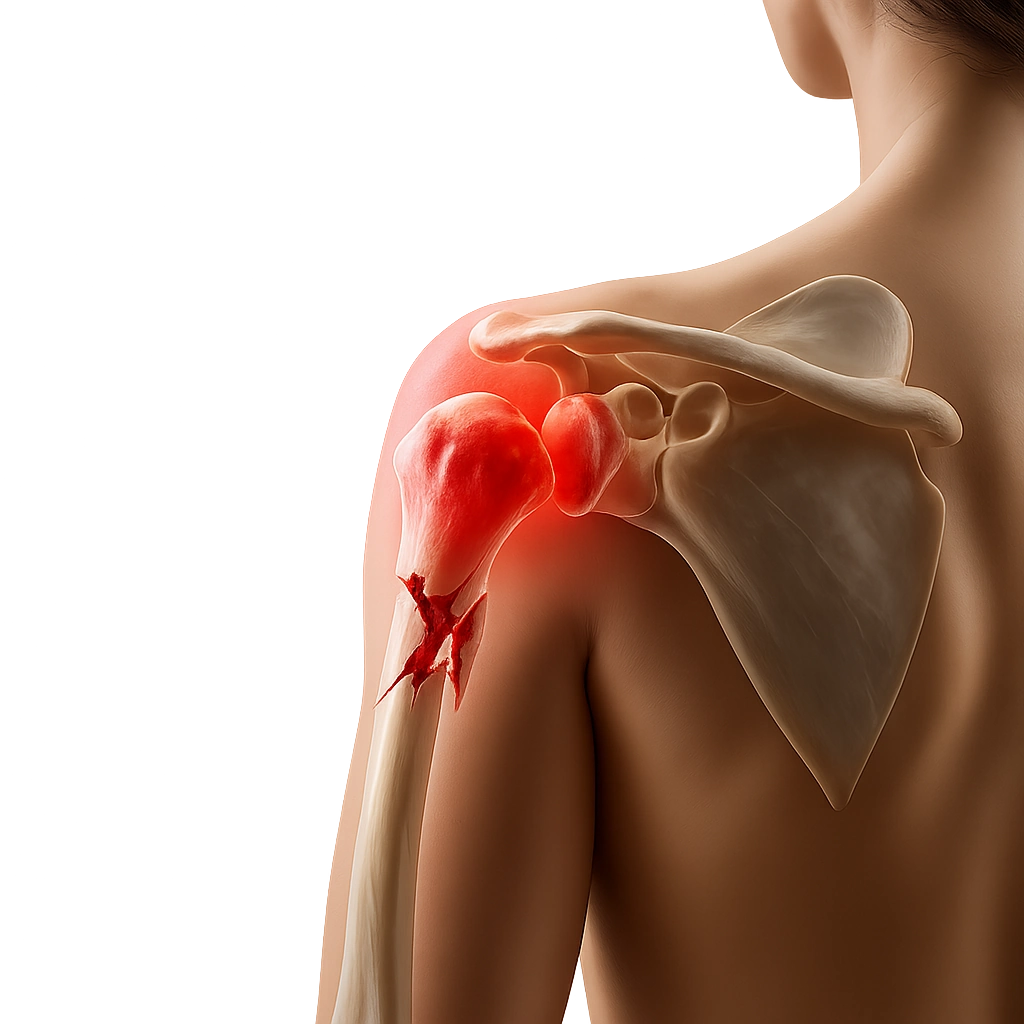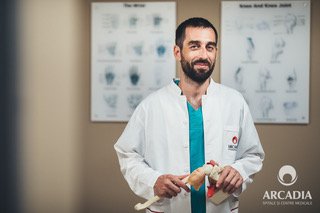Dr. Scorpie, orthopedic trauma
Trauma care
Dr. Scorpie is highly specialized in the management of orthopedic trauma, treating injuries such as fractures, dislocations, sprains, and ligament or tendon tears. He provides both advanced surgical and non-surgical treatments, always focusing on restoring function, reducing pain, and ensuring a safe recovery with personalized, patient-centered care.

When an injury becomes more than just a simple bruise, it’s time to seek specialized orthopedic trauma care.
In my practice, I frequently see patients whose injuries continue to limit their daily lives despite initial treatments. Severe pain, swelling, or loss of mobility from fractures, dislocations, or significant soft tissue injuries can affect much more than the injured area—it can disrupt sleep, hinder independence, impact mood, and reduce overall quality of life.
When conservative measures such as splints, physical therapy, or medication no longer provide lasting relief, it may be necessary to explore more advanced solutions. For complex fractures, recurrent dislocations, or severe ligament and tendon injuries, expert orthopedic trauma care—including surgical intervention when appropriate—can help restore function, reduce pain, and enable patients to regain confidence and normal activity.


Orthopedic trauma care is never a “one-size-fits-all” approach. Each treatment plan is personalized, based on a thorough evaluation: high-resolution imaging, assessment of mobility and strength, functional analysis, and—most importantly—an open discussion with the patient about their goals and expectations.
Today, advanced surgical techniques and fixation systems—whether for complex fractures, joint dislocations, or severe ligament injuries—not only restore proper function but also help patients regain confidence in their bodies. The objective is not only to reduce pain, but to restore mobility, independence, and a return to normal daily activities.
Comprehensive Orthopedic Trauma Care
Treating traumatic injuries is never a one-size-fits-all process. Every patient’s situation is unique, and decisions are guided by the type and severity of the injury, functional limitations, and impact on daily life. Our goal is to provide precise, individualized care that restores both mobility and confidence.
Assessment and Planning
Effective trauma management begins with a thorough evaluation:
1. Detailed clinical examination to understand the extent of injury and functional limitations
2. Advanced imaging such as X-rays, CT scans, or MRI for accurate diagnosis
3. Laboratory tests when necessary to ensure patient safety
4. Multidisciplinary input for complex cases
Treatment and Recovery
Treatment may involve surgical intervention, minimally invasive techniques, or non-surgical approaches, all tailored to the patient’s specific needs. Recovery is supported by a team-based approach, including physiotherapists, rehabilitation specialists, and medical staff, ensuring the fastest and safest return to normal activity.
The ultimate objective is not only pain relief, but restoration of function, independence, and quality of life. Through precise planning and expert care, patients regain mobility, confidence, and the ability to return to daily life with reassurance and security.

Have Questions ?
